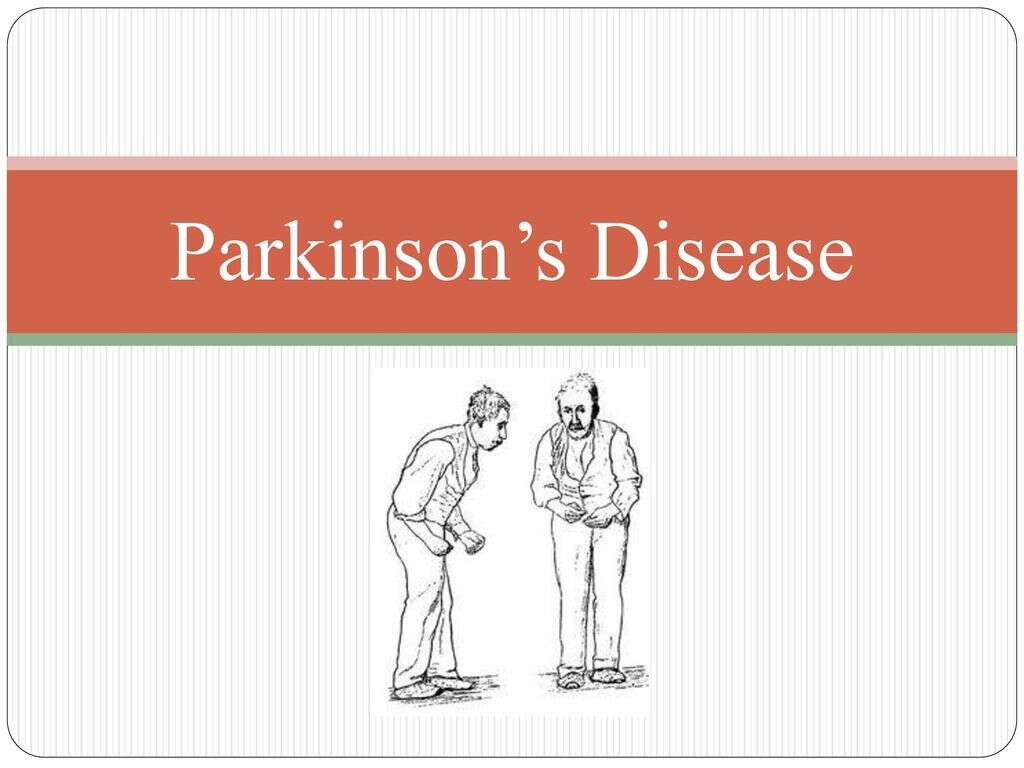Coffee: 10 Benefits of Coffee
Coffee is considered to be one of the most commonly consumed drinks in the United States. Although coffee is not good for you in large amounts, studies show that coffee can be beneficial when consumed in moderation. There are a number of health benefits that can be experienced when drinking coffee on a regular basis.
Coffee is loaded with antioxidants and other benefits that can improve your overall health. As much as two cups a day can give coffee drinkers a much lower risk of several serious illnesses. Consider pouring yourself a cup before a morning run or enjoying it with a nice breakfast sandwich before you get your day started.
Coffee Benefit #1: Cognitive Function
Since caffeine acts as a stimulant, it increases the energy levels of people who need to be wide awake and engaged. Studies show that coffee is one of the most commonly used “psychoactive substance” in the world. This is pretty imaginable, considering the amount of tasks that need to be achieved by the end of the day if you own a house, have a family, or work.
After caffeine is absorbed through the bloodstream, it travels into the brain and it blocks neurotransmitter called adenosine. This causes norepinephrine and dopamine to be released and enhances their function. Not only does coffee improve brain function, but it also helps with your mood, memory and reaction times to different stimulants throughout the day. Drinking a cup of coffee may be the difference between actively engaging in your morning meeting or zoning out for the hour.
Coffee Benefit #2: Fat Burning
Caffeine has shown to boost metabolism and enhance fat burning, however it is not uncommon for caffeine tolerance to develop. Many fat burning supplements contain trace amounts of caffeine in them. This is not particularly necessary, as a cup of coffee or green tea contains enough caffeine to boost your metabolism while providing benefits of antioxidants.
Several studies suggest that the metabolic rate can increase as much as 3-11% after consuming caffeine. However, in long-term drinkers, it is possible for the metabolism boosting effects to diminish.

Coffee Benefit #3: Antioxidants
Coffee is high in antioxidants, B vitamins and minerals such as magnesium, potassium, chromium and manganese. Although they are available in trace amounts, research suggests that drinking three cups per day adds up to a significant amount. A single cup of coffee provides 11% of the recommended amount of vitamin B2, 6% of vitamin B5, 3% of manganese and potassium, and 2% of magnesium and niacin.
Organic, filtered coffee will likely provide the maximum nutritional benefits. The cheaper brands have rancid oils and degraded beans, leaving a unpleasant smell and lack of flavor. Stale or strong coffee may have gone rancid or may have been sprayed with pesticides. That is why it is important to try organic coffee.
Coffee Benefit #4: Reduces Risk of Type 2 Diabetes
Up to 300 million people worldwide are afflicted with type 2 diabetes. It is important to take daily measures to reduce your risk of being affected by this disease and drinking a cup of coffee may be one of the measures you could take.
Some studies suggest that people who drink coffee have about 23-50% lower risk of getting the disease. According to a large study that gathered data from several other studies, one cup of coffee is associated with a 7% reduction in developing type 2 diabetes. The disease is characterized by elevated blood sugar levels and insulin resistance. It is important to pair the cup of coffee with a protein rich meal, rather than a carbohydrate rich meal, in order to further it’s beneficial effects on blood sugar.

Coffee Benefit #5: Protection From Alzheimer’s
A neurodegenerative disease known as Alzheimer’s is a rapidly increasing public health problem in the ageing population while curative treatment has not yet been discovered. One study suggests that drinking coffee has reduced the risk of dementia by as much as 65% in late life. The study also suggests that coffee drinking increases insulin sensitivity and antioxidant capacity.
Not only is coffee beneficial in reducing the risk of Alzheimer’s, but eating healthy, exercising and drinking coffee are also effective methods to reduce your risk. Overall, research suggests that coffee drinkers have a much lower risk of getting Alzheimer’s disease than those who do not.
Coffee Benefit #6: Protection from Parkinson’s
Parkinson’s is the second most common neurodegenerative disease after Alzheimer’s, caused by death of dopamine generating neurons in the brain. Similar to Alzheimer’s, there is no known cure for Parkinson’s disease, which makes prevention an important factor.
Some studies suggest that people who drink coffee reduce their risk of Parkinson’s disease by up to 60%. A daily caffeine boost may even ease symptoms of Parkinson’s disease sufferers. There are many studies suggesting that caffeine helps reduce the risk of cognitive decline and promotes brain health, suggesting that coffee is an effective preventative measure.

Coffee Benefit #7: Liver Protection
Coffee protects against various types of diseases, one includes hepatitis, cirrhosis of the liver or non-alcoholic fatty liver disease. Studies suggest that drinking up to one cup per day can reduce the risk of cirrhosis up to 20% and drinking four cups per day can reduce the risk up to 80%. Overall, a coffee drinker may have up to 40% less of a risk of developing liver cancer.
The liver is an extraordinary organ that carries out the body’s important functions and even protects against cirrhosis, when the liver is largely damaged and replaced by scar tissue. Consider drinking four cups or more a day to reduce the risk of cirrhosis by up to 80%.
Coffee Benefit #8: Fights Depression
Coffee is a stimulant, which allows you to function throughout the day with higher energy levels. Depression, a serious mental disorder found in up to 4% of Americans, can be helped by drinking coffee. One study suggests that women who drank 4 or more cups per day had a 20% lower risk of becoming depressed.
Another study with over 208,000 individuals found that those who drank 4 cups per day were 53% less likely to commit suicide. Overall, coffee seems to lower the risk of depression and dramatically reduce the risk of suicide.

Coffee Benefit #9: Lowers Cancer Risk
Cancer, a widespread disease throughout the United States, is characterized by uncontrolled growth of cells in the body. There are two types of cancer that seem to be positively affected by coffee. These appear to be liver and colorectal cancer. Liver cancer is the third leading cause of cancer death while colorectal is the fourth.
One study suggested that individuals who drank 4-5 cups per day had a 15% lower risk of colorectal cancer. Up to a 40% lower risk of liver cancer can be seen in those who drink coffee. Coffee has also been associated with a slight reduction in the risk of stroke, another leading cause of death in America.
Coffee Benefit #10: Lower Risk of Heart Disease
Although coffee can increase blood pressure, studies suggest that the effect is small and usually goes away, especially for those who regularly drink coffee. The effect may persist in those with elevated blood pressure, however. The epinephrine that is released when we drink coffee can cause and increase in blood pressure, which increases the contractility and force of the heart, thus mildly raising the heart rate.
Research suggests that women who drink coffee have a reduced risk of heart disease and a 20% lower risk of stroke. Thus, those who drink coffee do not have an increased risk of heart disease, rather their blood pressure may raise mildly but will reduce over time.











